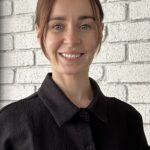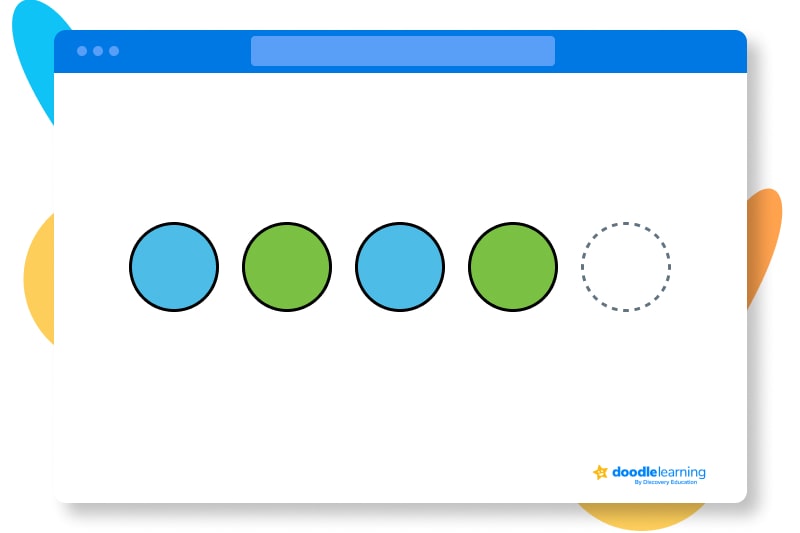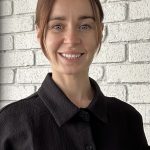A simple guide to understanding the Best Start Kindergarten Assessment and how it supports your child’s learning in their first year of school.


A simple guide to understanding the Best Start Kindergarten Assessment and how it supports your child’s learning in their first year of school.

Author
Robyn Oliver
Published
November 2025


Key Takeaways
Table of contents
The Best Start Kindergarten Assessment is an assessment completed across all New South Wales Public schools during a child’s first year of formal schooling. In NSW, children who are turning 5 on or before the 31st of July can start kindergarten at the beginning of the school year. This is an informative assessment and not a formal ranking assessment.
Children will complete the maths and literacy parts of the assessment within the first five weeks of school. Completing the assessments early helps teachers understand what each child already knows and where they may need extra support. This information helps teachers plan lessons and learning activities that best support each child’s progress throughout the school year. Any concerns will be shared with you by your child’s teacher directly.
There are two main parts to the Best Start Kindergarten Assessment: maths and literacy. These subjects are then broken down further into focus areas. Let’s explore these focus areas and look at some Best Start Kindergarten Assessment examples.
Literacy focus areas include:
Oral language:
Vocabulary and comprehension:
Concepts about print:
Phonological awareness:
Letter recognition and early writing skills:
Numeracy focus areas include:
Counting and number recognition:
Comparing quantities:
Understanding patterns:

Spatial awareness and measurement:
For more foundation stage content and questions, you can check out the online maths program Doodle. Doodle Maths is an educational program that links to the Australian Foundation Year maths curriculum.
The numeracy and literacy focus areas will be delivered usually through two separate assessments, with both assessments taking approximately 20 minutes to complete. There is no set schedule for these assessments, and teachers can use their professional judgement if they feel a child needs to pause or stop the assessment and restart it at another time. If you have concerns that your child may face barriers during the assessment, talk directly with your child’s teacher and the school! The delivery of these assessments is flexible and can be completed in short snippets if required.
The Best Start Assessment usually takes place during the first five weeks of the school year. The assessment period is chosen by schools and, therefore, dates will vary. Some schools choose to complete
The Best Start Assessment during the transition period in week one, and some schools prefer to settle students first. For more information, contact your child’s school directly.
Unlock unlimited maths questions
Put your skills to the test with fun exercises + maths games that are proven to boost ability!
Lesson credits

Robyn Oliver
Robyn is a teacher, educational content creator, and mum to three. After completing a Bachelor of Childhood Studies and a Postgraduate Certificate in Early Childhood Education, she moved to Perth, WA, and has spent her career working in a range of early childhood services and schools. These days, she mixes relief teaching in local schools with creating practical, engaging resources and mentoring early childhood services. Her work is driven by a genuine passion for supporting children to grow and learn, and helping educators feel confident and inspired in what they do.

Robyn Oliver
Robyn is a teacher, educational content creator, and mum to three. After completing a Bachelor of Childhood Studies and a Postgraduate Certificate in Early Childhood Education, she moved to Perth, WA, and has spent her career working in a range of early childhood services and schools. These days, she mixes relief teaching in local schools with creating practical, engaging resources and mentoring early childhood services. Her work is driven by a genuine passion for supporting children to grow and learn, and helping educators feel confident and inspired in what they do.

Parents, sign up for a DoodleMaths subscription and see your child become a math wizard!

Book a chat with our team
If you’d like to use Doodle’s browser version, please visit this page on a desktop.
To log in to Doodle on this device, you can do so through our apps. You can find out how to download them here: